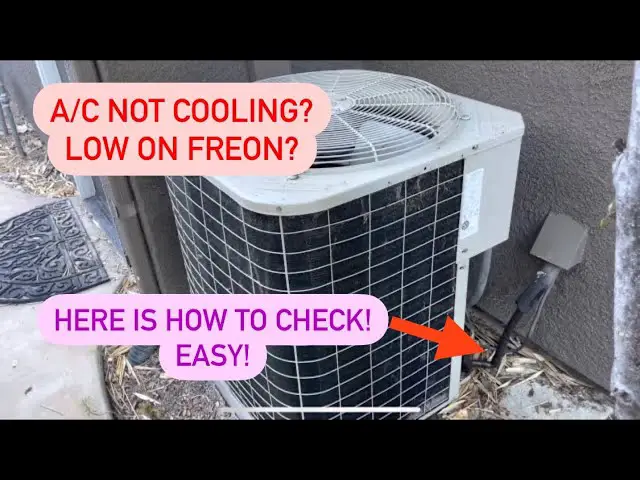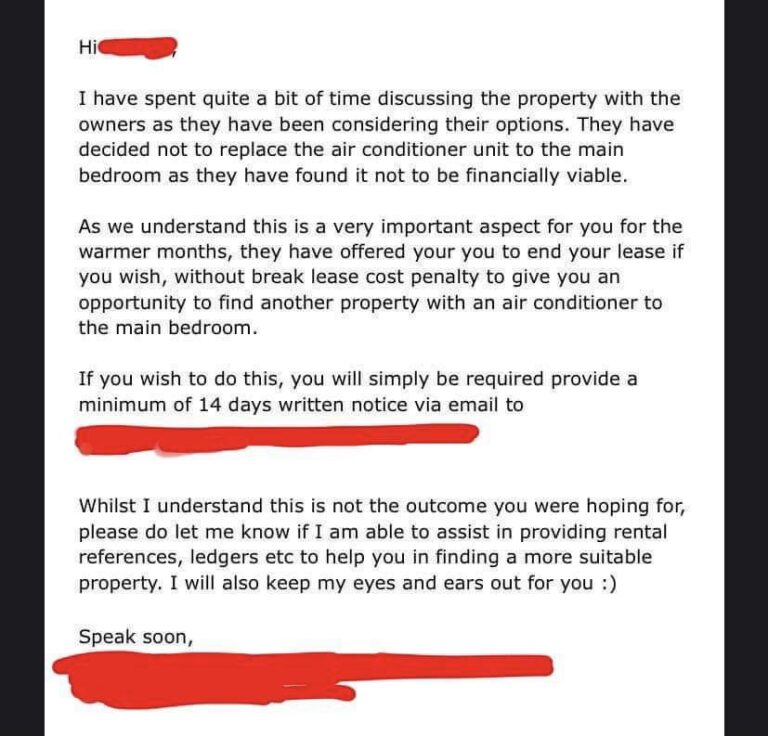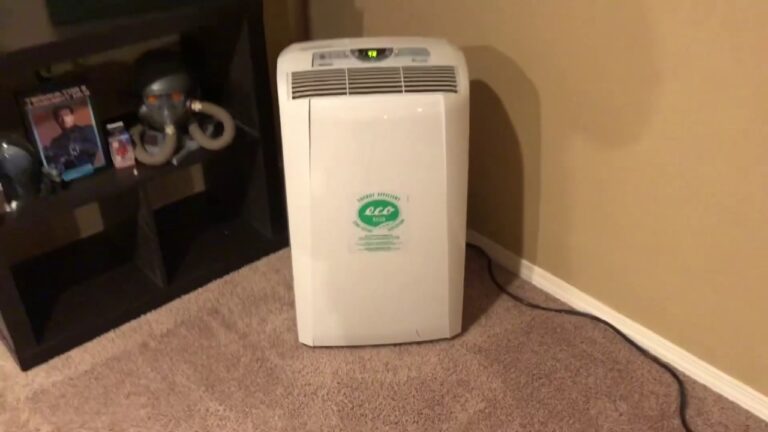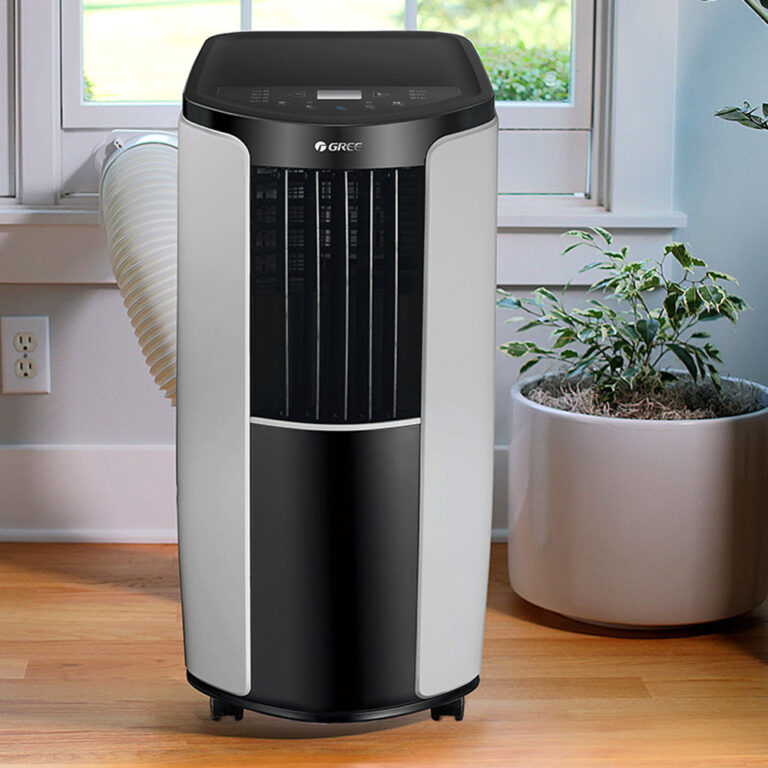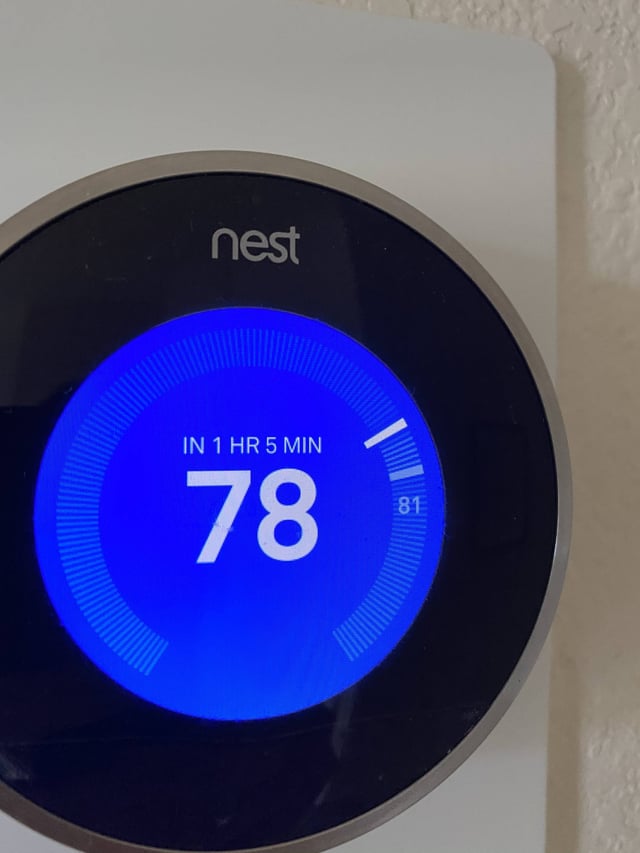How Do I Know If My House AC Needs Freon?: Key Signs to Watch
If your house AC blows warm air or takes longer to cool, it may need Freon. Ice buildup on the unit also indicates low Freon.
Proper AC maintenance ensures a comfortable home environment. Low Freon levels can significantly impact your AC’s performance. Signs like warm air, longer cooling times, and ice buildup are common indicators. Regular check-ups by a professional can help detect and address these issues early.
Maintaining the right Freon levels enhances your AC’s efficiency, prolongs its lifespan, and reduces energy costs. Don’t ignore these signs; timely intervention can prevent more costly repairs. Ensuring your AC has sufficient Freon is crucial for optimal performance and a pleasant indoor climate.
Common AC Issues
Understanding the common AC issues helps in maintaining your system. This knowledge can save you time and money. Below are some signs your AC might need Freon.
Warm Air Blowing
One of the most common issues is warm air blowing from the vents. This indicates a problem with the refrigerant. Check the thermostat settings first. If it’s set correctly, low Freon might be the cause. Freon helps cool the air. Without enough Freon, your AC can’t cool properly. A professional should check for leaks and refill the Freon.
Inconsistent Cooling
Another issue is inconsistent cooling across rooms. Some rooms may be cool while others are warm. This is a sign of low refrigerant levels. The system struggles to maintain a consistent temperature. Inspect the vents and filters. Blocked vents can cause uneven cooling. If everything seems fine, call a technician. They will check for Freon levels and other potential issues.
| Symptom | Possible Cause |
|---|---|
| Warm Air Blowing | Low Freon |
| Inconsistent Cooling | Low Freon or Blocked Vents |
Recognizing these signs early can prevent costly repairs. Always consult a professional for accurate diagnosis and repair.

Credit: www.accumaxinc.com
Unusual Noises
Listening to your air conditioner can reveal a lot. Unusual noises are often the first sign that something is wrong. If your house AC needs Freon, you may hear specific sounds. These noises can indicate a Freon leak or other issues. Below are two key sounds to listen for:
Hissing Sounds
Hearing a hissing sound from your AC? This is a red flag. A hissing noise often means there’s a leak in the system. Freon could be escaping through small holes or cracks. This noise is usually continuous and high-pitched. If you hear it, turn off your AC and call a professional. Ignoring it can damage your system further.
Bubbling Noises
A bubbling noise is another sign of trouble. This noise suggests air is trapped in the refrigerant line. It can also indicate a Freon leak. The bubbling sound is often intermittent and irregular. If you hear this, your AC may not cool your home effectively. This can lead to higher energy bills. Have a technician check your system as soon as possible.
Increased Energy Bills
If your energy bills are increasing, your house AC might need Freon. Higher costs are a major sign. Monitoring your bills can save you money. Let’s explore the signs.
Higher Monthly Costs
Higher monthly costs can indicate a problem with your AC. A sudden spike in your bill is a clear sign. Compare your current bills with previous months. A significant increase means your AC is working harder.
Energy Consumption Spikes
Energy consumption spikes are another red flag. Your AC may need Freon. Check your energy usage on your bill. A spike means your AC is using more power than usual. This could be due to low Freon levels.
| Month | Energy Usage (kWh) | Energy Bill ($) |
|---|---|---|
| January | 850 | 120 |
| February | 900 | 130 |
| March | 950 | 140 |
- Track your energy bills monthly.
- Look for unusual spikes in usage.
- Compare current bills with last year’s same month.
Ice On AC Unit
Noticing ice on your AC unit can be alarming. Ice buildup indicates a problem. It usually means your AC needs Freon. Let’s explore the signs of ice on your AC unit.
Frozen Evaporator Coils
Frozen evaporator coils are a common issue. These coils cool the air. Low Freon levels disrupt this process. Cold coils cause condensation. This condensation then freezes. You will see ice forming on the coils.
- Inspect the coils for ice buildup.
- Check for reduced airflow.
- Listen for unusual noises.
Ice On Refrigerant Lines
Ice on refrigerant lines is a clear sign. These lines carry Freon through the system. Low Freon levels cause the lines to get too cold. This results in ice forming on the lines.
| Signs | Actions |
|---|---|
| Visible ice on lines | Check Freon levels |
| AC not cooling | Inspect refrigerant lines |
Inspect the lines regularly. Keep an eye out for ice. If you see ice, your AC may need Freon.
Humidity Problems
Have you noticed an unusual increase in humidity inside your home? This could be a sign that your air conditioning unit needs Freon. Freon is essential for cooling the air and reducing humidity levels. Let’s explore some specific humidity problems that indicate your AC might need Freon.
Sticky Indoor Air
If your indoor air feels sticky, your AC might be low on Freon. Freon helps your AC remove moisture from the air. Without enough Freon, your unit can’t cool or dehumidify properly. This results in a sticky and uncomfortable environment. You might also notice a damp feeling on furniture and floors.
Mold Growth
Excess humidity often leads to mold growth. Mold thrives in damp environments. If you see mold in your home, check your AC’s Freon levels. Mold can grow on walls, ceilings, and even inside your AC unit. This not only damages your home but also poses health risks. Addressing Freon levels can help manage indoor humidity and prevent mold.
Frequent Cycling
Frequent cycling in an air conditioning (AC) system can be a sign that your unit needs Freon. When your AC frequently turns on and off, it’s often struggling to maintain the desired temperature. This can lead to increased energy bills and discomfort in your home. Understanding the different types of cycling can help you diagnose the issue.
Short Cycling
Short cycling occurs when your AC turns on for a short period and then quickly turns off. This can happen due to low Freon levels. The system can’t cool the air effectively, causing it to shut down prematurely. Here are some signs of short cycling:
- AC runs for less than 10 minutes
- Frequent on and off cycles
- Inconsistent indoor temperature
Short cycling can also cause wear and tear on the system, leading to costly repairs. It’s important to address this issue promptly.
Constantly Running
Another sign your AC needs Freon is if it’s constantly running. When the AC can’t reach the set temperature, it will keep running to try and cool the space. This can indicate low Freon levels. Signs of a constantly running AC include:
- AC runs non-stop for hours
- Higher energy bills
- Rooms not cooling properly
Constantly running AC units can lead to increased energy consumption. This also reduces the lifespan of your air conditioning system.
To diagnose if your AC needs Freon, always consult a professional technician. They can check Freon levels and ensure your system is running efficiently.
Visual Refrigerant Leaks
Visual refrigerant leaks are a clear sign that your house AC needs freon. Spotting these leaks early can save you money and ensure your AC runs efficiently. Look for these signs to identify potential issues.
Puddles Near Unit
One of the first signs is puddles near the unit. Freon leaks often cause moisture to build up. This moisture forms puddles around your AC unit. Check regularly for any standing water.
Freon is a gas, but it can mix with other elements. This mixture creates puddles that are easy to spot. Regular inspections can help you catch these leaks early. If you see puddles, your AC likely needs freon.
Stains Or Residue
Another sign of a refrigerant leak is stains or residue. Leaks often leave behind a greasy or oily residue. This residue can appear on or around the unit. Look for these stains during your inspections.
Stains and residue are often dark and sticky. They may also have a foul smell. If you notice these signs, your AC might be leaking freon. Addressing this issue quickly can prevent bigger problems.
Maintaining your AC is important for your comfort. By checking for visual refrigerant leaks, you can ensure your system runs smoothly. Regular inspections can help you spot issues early and save money.

Credit: www.moncriefair.com
Professional Inspections
One of the best ways to know if your house AC needs Freon is through professional inspections. Experts can identify Freon issues quickly and accurately. Let’s dive into the different aspects of professional inspections.
Regular Maintenance
Regular maintenance ensures your AC runs smoothly. Schedule a professional to check your AC twice a year. This helps catch small issues before they become big problems.
- Check the refrigerant levels
- Inspect the coils and fins
- Clean the filters
Professionals can spot Freon leaks during these checks. Early detection can save you money and stress.
Expert Diagnosis
Experts use special tools to diagnose Freon issues. They have gauges to measure pressure levels. They also use UV lights to find leaks.
Here are some steps they follow:
- Measure the system’s pressure
- Use UV dye to find leaks
- Check for ice buildup on coils
These steps ensure an accurate diagnosis. Experts can then recommend the best course of action. This might include adding Freon or fixing leaks.
Trusting professionals ensures your AC stays efficient. It also keeps your home comfortable all year round.

Credit: m.youtube.com
Frequently Asked Questions
How To Know If Ac Is Low On Freon?
Check for warm air from vents, ice on refrigerant lines, or hissing sounds. Increased energy bills can also indicate low Freon.
How Do I Check The Freon In My Home Ac Unit?
To check Freon in your home AC unit, use a manifold gauge set. Attach the gauge to the service port. Compare readings with manufacturer specifications. Low readings indicate a need for Freon. Always consult a professional for accurate diagnosis and handling.
How Often Does Your Home Ac Need Freon?
Home AC units rarely need Freon unless there’s a leak. Regular maintenance helps prevent Freon issues.
Conclusion
Regularly checking your AC for signs of low Freon can prevent major issues. Look out for warm air, ice buildup, and hissing sounds. Addressing these symptoms early can save you money and extend your AC’s lifespan. Always consult a professional for accurate diagnosis and safe Freon handling.
Keep your home cool and efficient.

